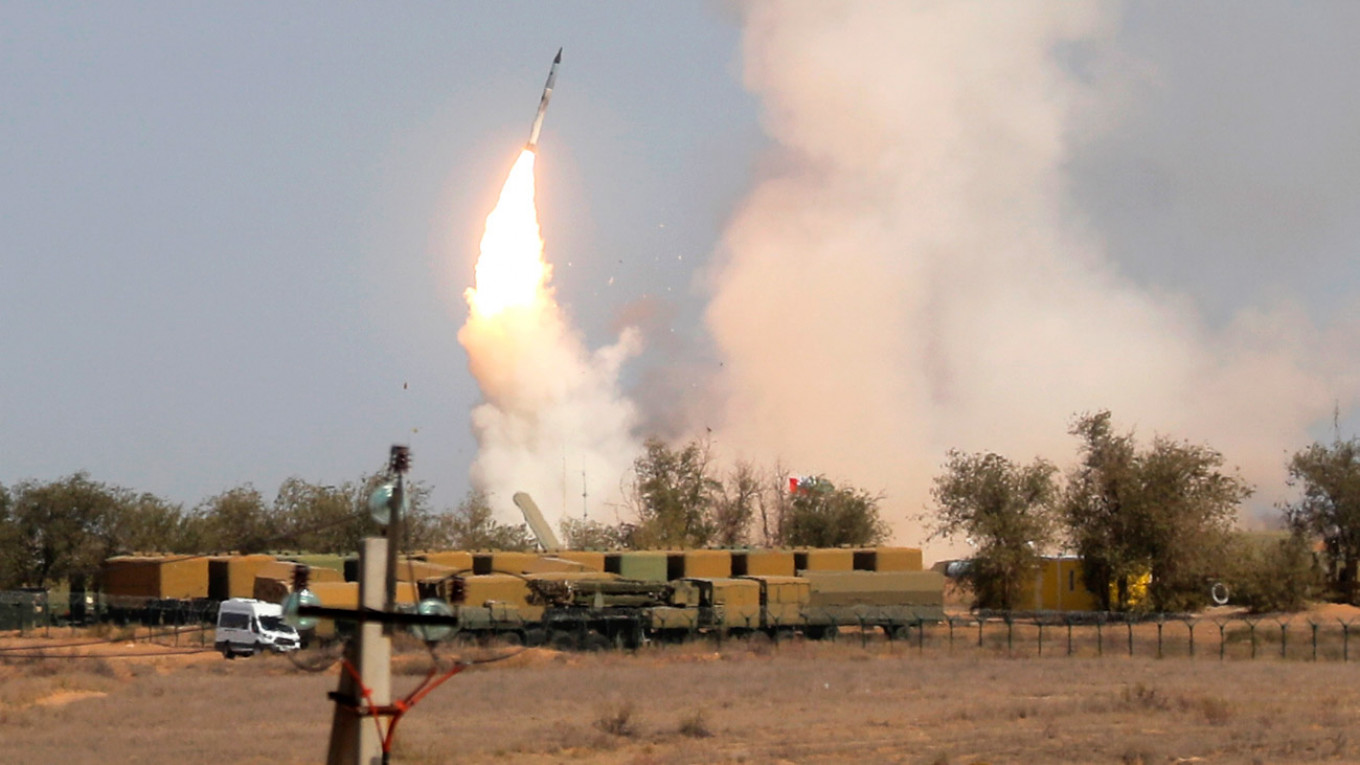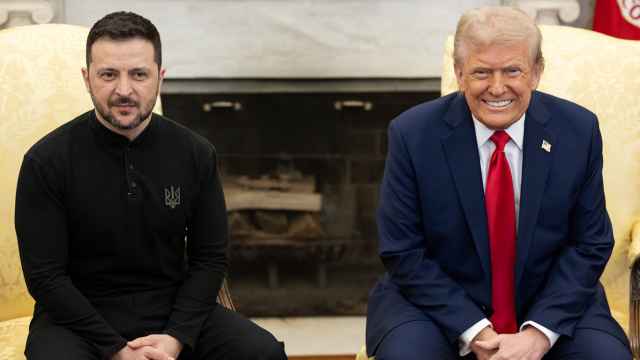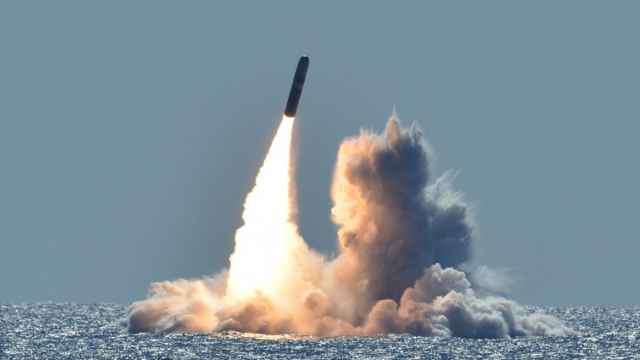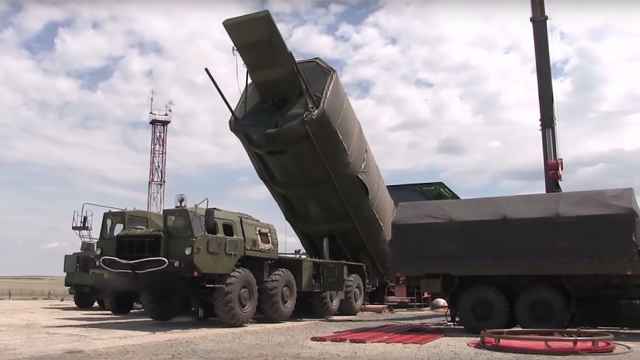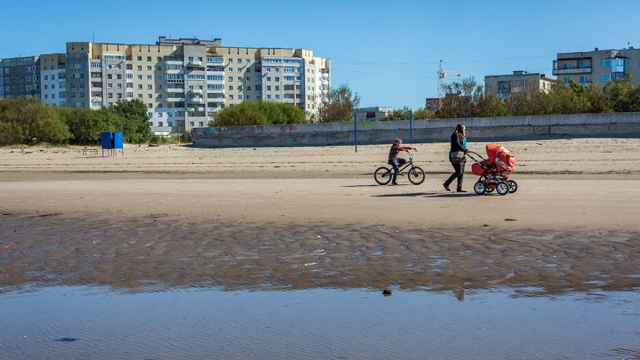Russia plans to resume tests of its Burevestnik nuclear-powered missile, a move that risks reigniting an arms race with the United States just as the countries appeared on course to renew nuclear arms deal extension talks, according to a new analysis of satellite images.
Researchers noted high levels of activity at the dismantled test site for the Burevestnik nuclear-powered unlimited-range cruise missile on the Novaya Zemlya archipelago off of mainland Russia. NATO dubs the missile Skyfall.
Planet Lab photographs taken on Sept. 20 showed a rebuilt launch pad, a helicopter landing pad and several shipping containers at the Pankovo test site, the researchers Michael Duitsman and Jeffrey Lewis said.
Russia had dismantled the Pankovo site in 2018 after a failed test of the Burevestnik in November 2017. Russia tested a total of four Burevestnik missiles between November 2017 and February 2018, each reportedly resulting in a crash.
An attempt to recover one of the missiles in August 2019 from the Barents Sea led to an explosion and the deaths of five Russian nuclear engineers.
“The activity and new construction are consistent with a resumption of test flights of the Burevestnik,” Duitsman and Lewis of the Middlebury Institute of International Studies said.
CNN reported Tuesday that two unnamed U.S. officials told the outlet that they are aware of Russia’s preparations.
“The United States and Russia seem to be stumbling into a new arms race,” Lewis told CNN.
The analysis came out as Russia and the U.S. edged closer to breaking an impasse in long-running talks aimed at extending the New START treaty. New START limits both sides to 1,550 deployed warheads but is due to expire next February.
Russia's Foreign Ministry signaled a willingness to compromise, saying Tuesday it would agree to a U.S. demand for a one-year freeze on developing weapons. U.S. officials said shortly afterward they were ready to meet Russian diplomats as soon as possible.
New START, which Moscow and Washington signed in 2010, does not cover Burevestnik and other advanced weapons that President Vladimir Putin unveiled during his re-election campaign in 2018.
AFP contributed reporting.
A Message from The Moscow Times:
Dear readers,
We are facing unprecedented challenges. Russia's Prosecutor General's Office has designated The Moscow Times as an "undesirable" organization, criminalizing our work and putting our staff at risk of prosecution. This follows our earlier unjust labeling as a "foreign agent."
These actions are direct attempts to silence independent journalism in Russia. The authorities claim our work "discredits the decisions of the Russian leadership." We see things differently: we strive to provide accurate, unbiased reporting on Russia.
We, the journalists of The Moscow Times, refuse to be silenced. But to continue our work, we need your help.
Your support, no matter how small, makes a world of difference. If you can, please support us monthly starting from just $2. It's quick to set up, and every contribution makes a significant impact.
By supporting The Moscow Times, you're defending open, independent journalism in the face of repression. Thank you for standing with us.
Remind me later.


